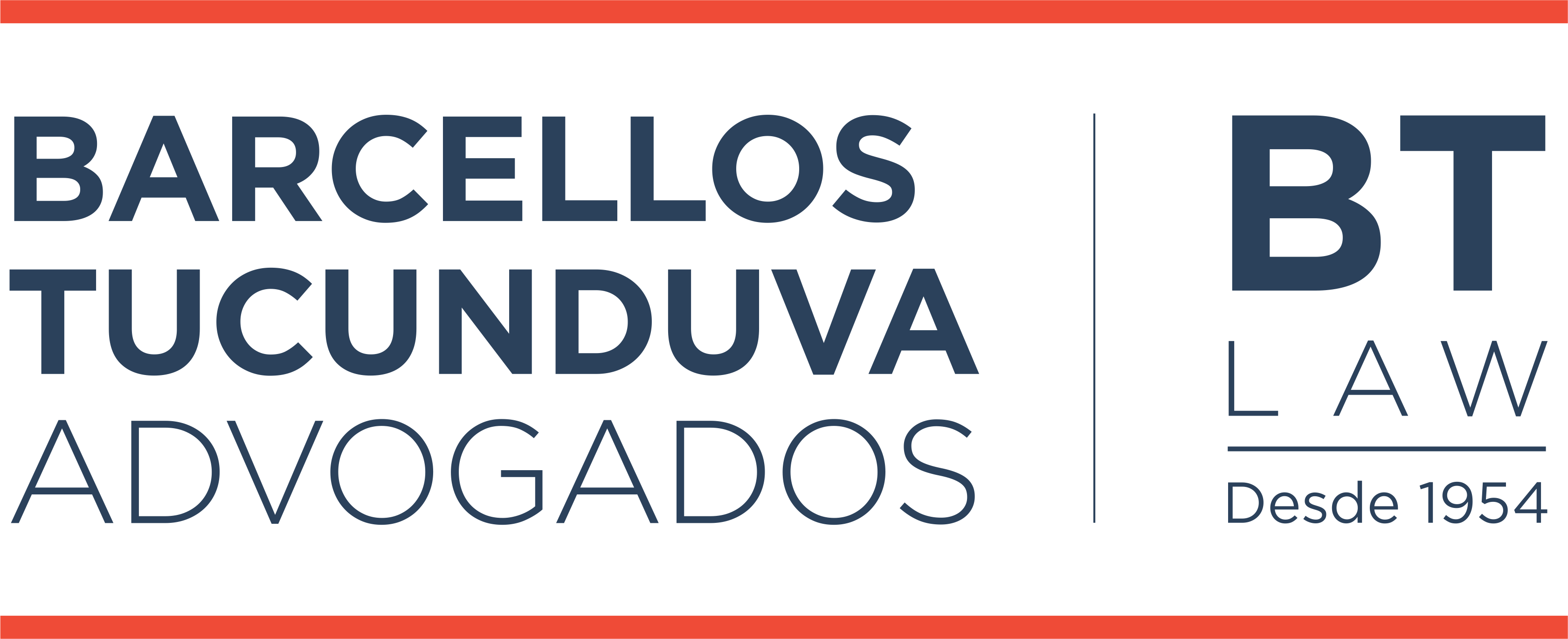Nature of the tax falls on the final price. By law, invoices must detail the rate used in the calculation. However, tax experts disagree on the extent to which the reduction will be felt.
More than a month after the sanction of the Complementary Law no. 194/2022, the impact of the fall of ICMS should begin to reach the consumer's pocket of telecommunication services. Experts heard by Tele.Síntese explain that, by the nature of the tax, the impact will certainly be in the final price, however, there are differences of opinion about the extent to which citizens will feel the change.
The norm, sanctioned on June 23, confirmed in the list of essential services for taxation purposes the energy and communications sectors, as the Federal Supreme Court (STF) had already declared in 2021. However, the federal law anticipated the validity of the reduction to this year, contrary to the modulation foreseen by the Court, with effect only as of 2024, besides including fuels and public transportation in the same conditions.
With the change, the ICMS rates are now between 17% and 18%, the level used for essential goods and services. All the federal entities, with the exception of Amapá, have already forwarded the regulation of the change.
HOW DOES THE IMPACT OF THE ICMS DROP WORK?
Eduardo Froehlich ZangerolamiEduardo Froehlich Zangerolami, tax law specialist and partner at Barcellos Tucunduva Advogados, explains that the telecom company passes on to the taxpayer the value of the rate plus taxes. "As it charges the net amount, the taxpayer will benefit immediately," he says.
"For example, on the invoice, it says: Internet consumption, R$100; ICMS calculation basis, R$100; ICMS rate, 25%. So, the total sum would be R$125. At the moment that we lower the rate to 18%, automatically, in these fields, it will come to R$118," he said.
For Zangerolami, if there is a disparity between the prices charged and the fixed rate, the consumer has guaranteed rights to review the bill. "At the very least, there will be a right to a refund of what was unduly charged," he says.
The tax lawyer Rossiana Nicolodi, coordinator of the Tax Litigation and Consulting team at Natal & Manssur Advogados, explains that "there is not necessarily a direct link between the reduction of the percentages in the price reduction, due to the variants in the price formation.
"The reduction will not necessarily be felt in its entirety, since the calculation of taxes and the composition of prices by companies, even when submitted to the legal guidelines issued by the States, may vary, causing the reduction of ICMS in the final price not to reflect in the same proportion.
Nicolodi explains that in cell phone bills, for example, it is common, in addition to the contracted telecommunication franchise, to include other values, the "so-called Value Added Services, such as streaming services, reading applications and other platforms, these services are added to the plan, but without charge itself, by the discounts granted by the operators.
"While not impacting the final cost to the consumer, these [value-added] services have repercussions on tax assessment and should reduce the resulting impact on tax reduction as well," says the lawyer.
LIMITS AND SURVEILLANCE
Still according to Rossiana Nicolodi, there are limits to the regulation made possible by law.
"Despite the regulation of the sector and the submission to the new tax regulation with the reduction of ICMS rates, the state legislation cannot intervene in the price composition, because in a free market economy, the autonomy of the companies to form their prices must prevail, and the states cannot determine the final price of their products", he clarifies.
The states that regulated the ICMS tax for telecommunications did not expressly determine the reduction for the consumer. Only the state of Mato Grosso includes in a small part that the State Treasury Department "will guide the competent organs so that the ICMS reductions mentioned in this informative note reach the final consumer," but without mentioning compulsory reflections.
Although the law does not provide for it, the lawyer José Arnaldo Fonseca Filho, points out that "the telecommunications company has no alternative" but to pass it on to the consumer.
"If a telecommunications company keeps collecting 32%, for example, and passes 18% to the state, it is a crime. It can be considered misappropriation, among other typifications," says Fonseca.
The specialist also affirms that the inspection should occur on the part of each federative entity, since the law provides for compensation for any losses. " The states will monitor the difference that they will collect later from the federal government," says the lawyer.
